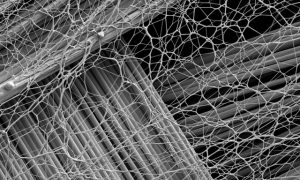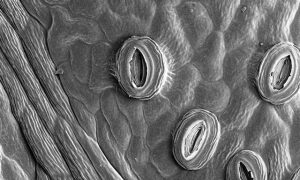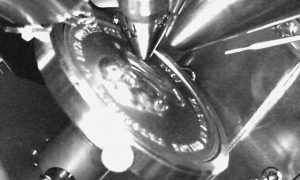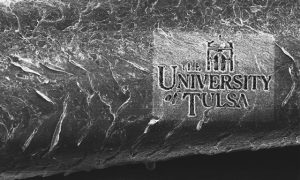Nanocharacterization and Fabrication for Academia and Industry.

1.5 nm Resolution

Reconstruct the Rock

Cooperating with the Museum Community

Want to see your logo on a human hair?
Novel Materials
1.5mm Resolution
Petroleum
Reconstruct the Rock
Cultural Heritage
Cooperating with the Museum Community
Your Logo Here
Want to see your logo on a human hair?
Services
Portfolio
Equipment & Techniques
Contact Info
Mailing Address:
University of Tulsa Nano Technology Lab
800 South Tucker Drive
Tulsa, OK 74104
USA
Physical Address:
University of Tulsa Nano Technology Lab
Keplinger Hall M226
Tulsa, OK 74104
USA
Phone: (918) 631-3198
Fax: (918) 631-3403
Email: michael-keller@utulsa.edu